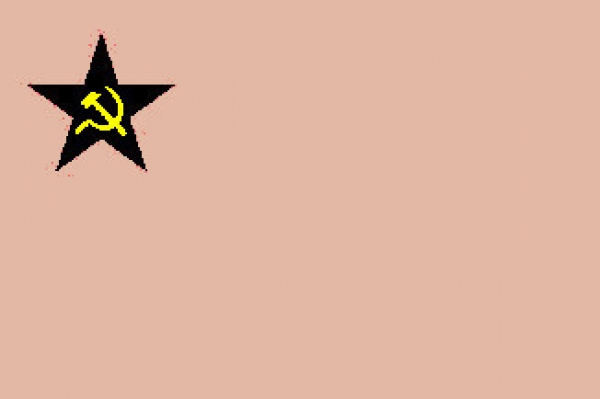

27 July 2015
Unity and cohesion remain the slogans for the ANC-led alliance as the three partners echo the claim of last week’s Cosatu special national congress that such togetherness has been assured. It hasn’t. But, with the infighting having gone overwhelmingly in favour of the executive, there are hurried attempts to create a facade of unity as the lobbying continues.
The infighting, measured by the vote on the somewhat esoteric issue of credentials, largely went the way it did for three reasons:
To the forefront in congratulating the Cosatu majority on “building unity and cohesion” obviously without Numsa and Vavi, was the SACP. In contrast, the ANC clearly would like to see both readmitted, making for an interesting difference in approach.
The SACP had also, only days before the Cosatu congress, completed its own special conference, called in the face of growing demands from rank and file members for the party to “go it alone” in elections. As with the schisms in the Cosatu unions, this is a manifestation of increasing levels of disillusionment with the ANC in government.
This disillusionment has also seen the SACP grow quite rapidly to a claimed 225,000 members. And it is many of these newer and younger members, seeking an alternative to the present regime, who want the SACP to challenge for power on an alternative, “socialist” platform.
This attitude is understandable, since of the six-member executive of the SACP, three are government ministers, one a deputy minister and one chairs the parliamentary portfolio committee on communications. The 11-strong politburo (PB) contains the ANC secretary-general, the president of Cosatu and the general secretary of the federation’s now largest affiliate, the National Education, Health and Allied Workers’ Union, along with two former government ministers and two members of parliament.
Among the 22 current members of the party’s central committee (CC), excluding the PB members, are two national government ministers, three deputy ministers, the deputy speaker of parliament and three MPs.
Given this degree of representation in the central body politic alone, it is little wonder that many SACP members feel that their party could stage a serious electoral challenge. But that is only because they think — as, officially, does Cosatu — that the SACP is a radical alternative to the ANC.
But, as SACP deputy general secretary — who is also deputy public works minister — Jeremy Cronin has said, the “communist struggle” is not about gaining state power and positions in government. It is, he maintains “about serving the people”.
Yet leading figures in the SACP are all members of not only the ANC, but of government. As such they are equally responsible for policies that their own party is supposed to oppose because they are against the interests of “the people”.
And although the ANC remains a member of the polyglot Socialist International, its policies, like those of most SI members, are decidedly mainstream: “neo-liberal” in current parlance. So perhaps the SACP should adopt a version of the socialist anthem, the Red Flag, that begins: “The people’s flag is deepest red …”
However, the more appropriate SACP version might be: “The people’s flag is palest pink/its not as red as some folk think.”
Views expressed are not necessarily GroundUp’s.